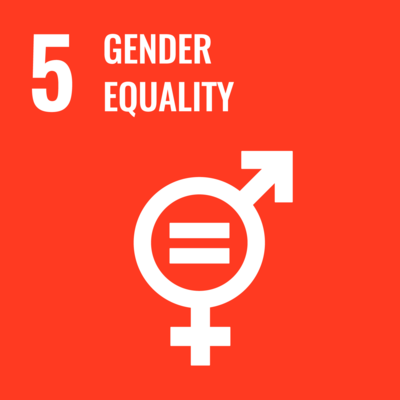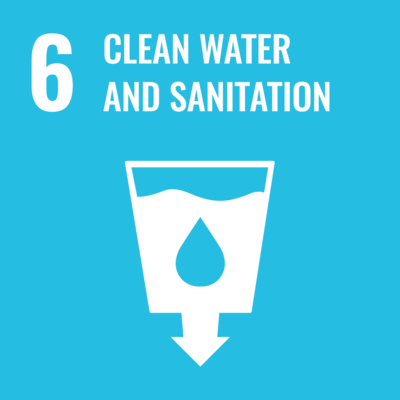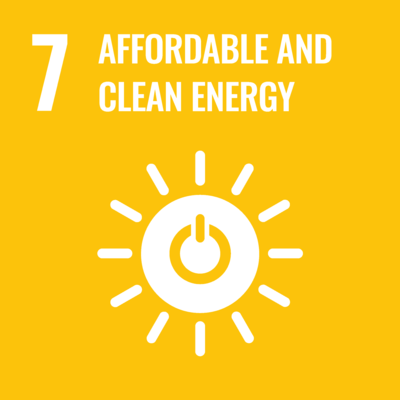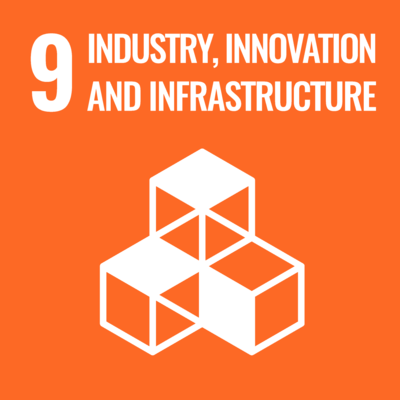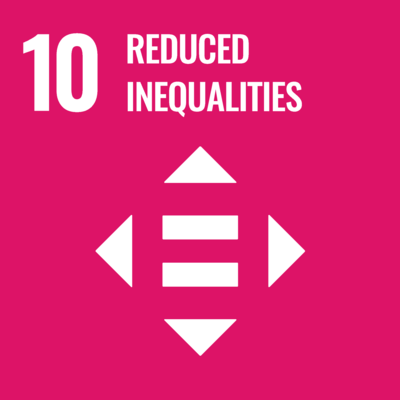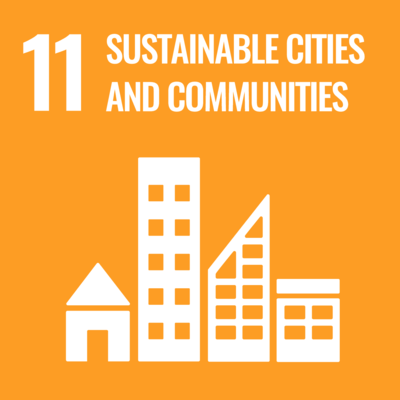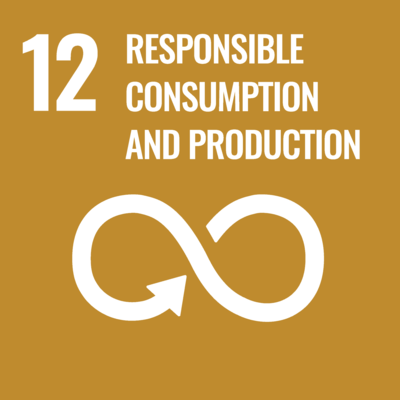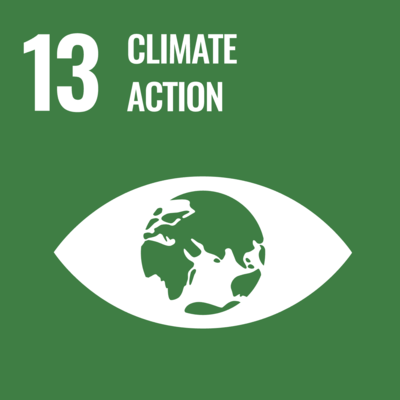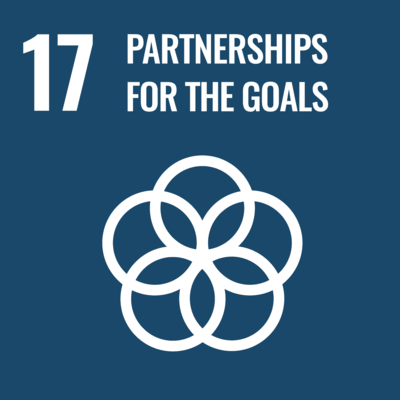SDG 7.4.4 Policy development for clean energy technology
1. NCUE actively engages with government regulation and standards on environmental protection, energy saving, and water conservation, and is committed to using clean energy and improving the efficiency of existing energy consumption. Specifically, the following measures have been adopted:
(1) All new buildings have obtained the Green Building Certification by regulatory authorities.
(2) The newly purchased split air-conditioners are in accordance with the latest environmental laws and regulations, that is, they are inverter air-conditioners (efficiency >5.1 kWh/kWh) with a Level 1 cooling seasonal performance factor (CSPF) and auto-shutdown timers.
(3) The light systems for new buildings and replacements for old buildings are all LED energy-saving (efficiency > 100lm/w).
(4) All power transformers are amorphous metal types (core loss reduced by 80% compared to traditional iron core types).
(5) All motors are high-efficiency (IE3 or above), and a soft-starter or frequency converter is installed on all motors that are either high-power or are used more frequently.
(6) The light switches in all public areas have been changed to motion sensors or timers.
(7) A 3000 kWp photovoltaic solar power system is expected to be installed on campus by the end of 2024 in response to the government’s policy on promoting clean and green energy and zero carbon emissions.
(8) NCUE is constructing additional megawatt energy storage systems to shift power consumption from peak to off-peak hours, promote the stability of the national power system, and increase the efficiency and stability of the campus’s power supply.
2. By building a megawatt-size energy storage pilot system and installing a photovoltaic system on the roof of each building, we have effectively increased the development of our energy-saving technologies and clean energy use. We have also become a model campus for green energy and provide the government with a successful experience that it can use as guidance when formulating policies related to clean energy and energy-saving technologies.
(1) Our existing 1 MW/1.26 MWh energy storage system, 100 kW/50 kWh energy storage systems, 30 kW/78 kWh electric bus V2G/G2V charging station, and our combined solar power capacity of 2688.75 kW at both Baoshan and Jinde Campuses can serve as a practical field and demonstration system for smart green energy microgrids.
(2) NCUE implemented the National Science and Technology Council (NSTC) project " Research and Demonstration of Multiple Microgrids in a High-Proportion Photovoltaic Solar Environment," realizing a microgrid demonstration system composed of renewable energy, energy storage systems, V2G/G2V, and demand response. This practical demonstration field provides information and support for the formulation of related technical policies. On March 2, 2023, NCUE held a "Smart Microgrid Technology Forum" at the Baoshan Campus to share innovative smart microgrid technologies. Through collaborative efforts from industry, government, and academia, effective resource utilization and management research have yielded concrete results, which are now in practical operation at the Baoshan Campus for research and teaching purposes. Due to its outstanding performance, this research project was honored with two NSTC "2022 Future Technology Awards" (Figures 1-2).
External platform promotion: https://www.taedt.com/custom_129036.html
Event video: https://www.youtube.com/watch?v=sclzim3Dc4g
Campus headline: https://www.ncue.edu.tw/p/406-1000-9449,r93.php?Lang=zh-tw
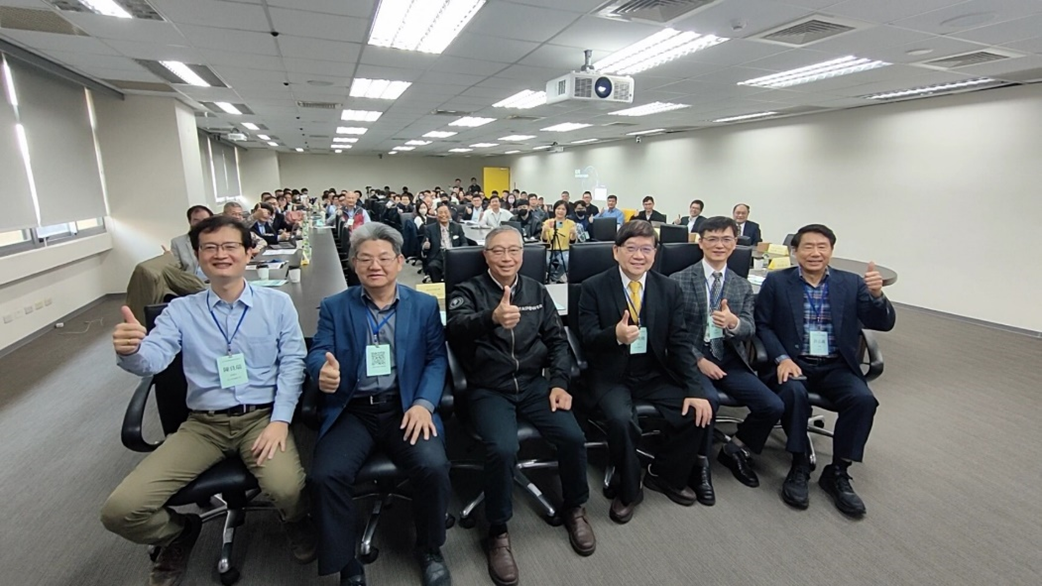
Figure 1. Group photo from the Smart Microgrid Technology Forum on 03/02/2023
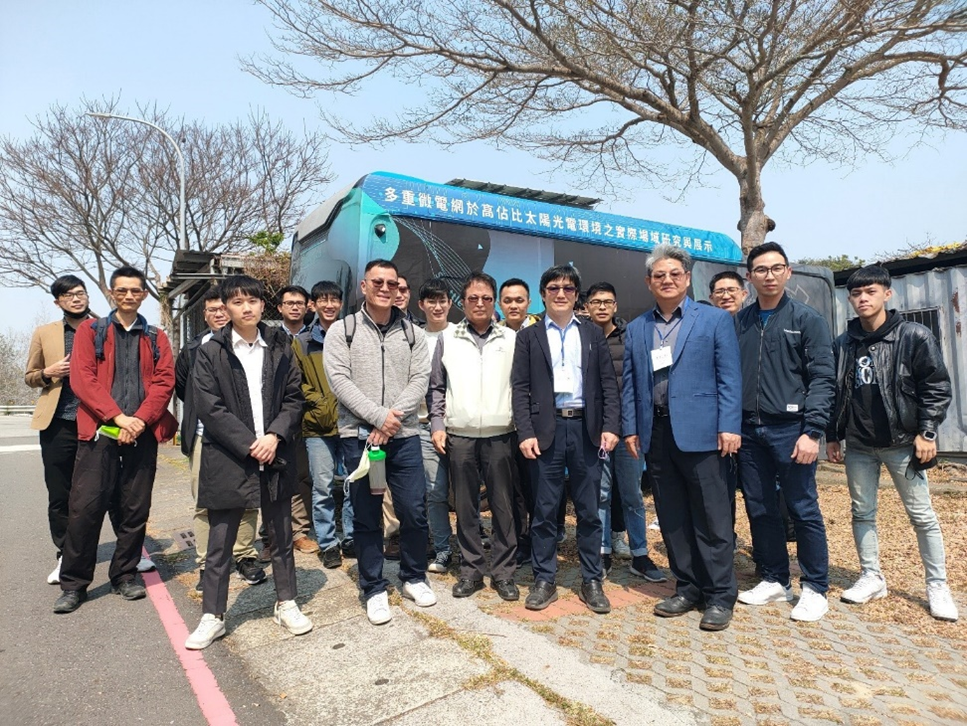
Figure 2. Distinguished guests visiting the electric bus at the Baoshan Campus during the Smart Microgrid Technology Forum on 03/02/2023
3. NCUE has been actively supporting the implementation of government energy policies. In 2023, the university conducted energy-related research through various projects funded by the Atomic Energy Council's Institute of Nuclear Energy Research, the National Institute of Energy Research, the National Science and Technology Council (NSTC), and the Ministry of Education, as shown in Table 1. Furthermore, NCUE professors serve on committees such as the "MOEA's Electric Reliability Review Committee" (Figure 3) and the "Green Factory Label Clean Production Technology Review Committee" (Figure 4).
Table 1: NCUE's Energy-Related Research Projects and Budgets in 2023
|
No. |
Funding Source |
Project Title |
Project Budget |
|
1 |
Atomic Energy Council's Institute of Nuclear Energy Research |
A Strategic Study on Improving Three-Phase Load Variation and Imbalance in Distribution Feeders |
NT$ 650,000 |
|
2 |
National Atomic Research Institute |
Research on Phase Switching Technology Integrating Feeder Operation Information |
NT$ 650,000 |
|
3 |
NSTC |
Study on Reconfigurable Networked Microgrids for Enhancing Operation Performance and Resilience of Regional Distribution Networks |
NT$ 3,079,000 |
|
4 |
NSTC |
Research on Applying Machine Learning and Swarm Optimization Algorithms to Energy Management in Zero Energy Building Microgrids |
NT$ 1,870,000 |
|
5 |
Ministry of Education |
2023 Sustainable Energy Interdisciplinary Application Talent Cultivation - Green Energy Technology Integration Talent Cultivation Alliance Project |
NT$ 823,000 |
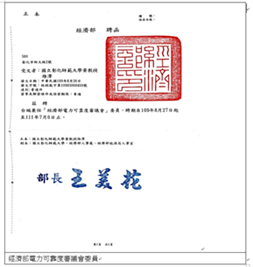
Figure 3: MOEA’s Electric Reliability Review Committee
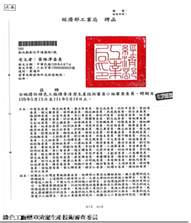
Figure 4: Green Factory Label Clean Production Technology Review Committee





